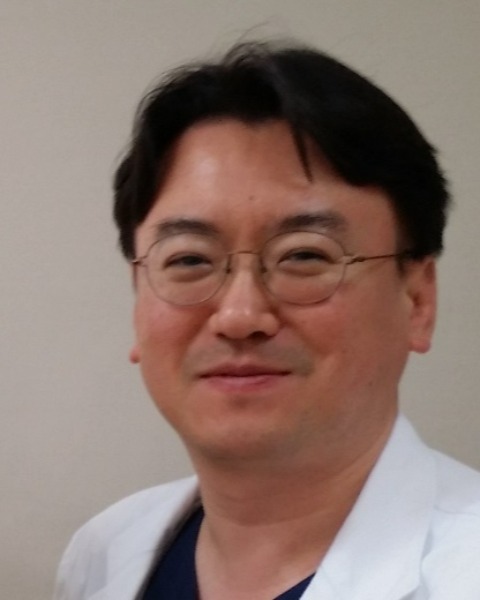Category: Basic Science
Poster Session III
(744) The effect of shear stress on the expression of apelin in trophoblast using microfluidic system
The apelin/APJ(apelin receptor) system is being considered to play a crucial role in cardiovascular function. It is regulated by hemodynamic shear stress and involved in many physiological and pathological processes. Apelin/APJ ,which is found to be highly expressed in placenta, are implicated in the pathophysiology of preeclampsia. In preeclampsia, the process of spiral artery invasion is attenuated, resulting in underperfusion and the elevation of shear stress in placenta. This study is to evaluate the effect of shear stress on the expression of apelin/APJ system using microfluidic system.
Study Design:
In this study, microfluidic channels were designed to mimic the shape of the intervillous space, where the shear depend on flow rate of the microchannels. In experiment about time, HTR-8/SV neo cells were exposed to shear stress (0.5, 1.0 or 5.0 dyne/cm2) for 15min, 30min, 1h, 2h, 3h or 4h. Changes in the level of apelin were investigated using ELISA in response to applied shear stresses in a continuous cycling system through microfluidic channels.
Results:
Apelin in HTR-8/SV neo cells was confirmed in all culture media. The level of apelin in culture media decreased after exposure to shear stress of 5.0 dyne/cm2 compared to exposure to shear stress of 0.5 or 1.0 dyne/cm2. The level of apelin in culture media decreased as the time for exposure to shear stress increased.
Conclusion:
Our results demonstrate that increased shear stress downregulated the expression of apelin in placenta suggesting the expression of apelin in placenta through shear stress may be involved in the pathogenesis of preeclampsia.
- GC
Geum Joon Cho, Prof.
Korea University College of Medicine
Seoul, Seoul-t'ukpyolsi, Korea, Republic of - JB
Jin-Gon Bae, MD
Keimyung University Dongsan Medical Center
Seongnam-si, Kyonggi-do, Republic of Korea - DK
Dong Wook Kwak, MD, PhD
assistant professor
Department of Obstetrics and Gynecology, Ajou University School of Medicine
Gyeonggi-do, South Korea, Republic of Korea 
Ki Hoon Ahn, MD, PhD
Korea University Anam Hospital
Seoul, Seoul-t'ukpyolsi, Republic of Korea- SN
Sunghun Na, MD, PhD
Knagwon National University Hospital
Chuncheon-si, Kangwon-do, Republic of Korea - YK
Young-Han Kim, MD
Yonsei University College of Medicine
Seoul, Seoul-t'ukpyolsi, Republic of Korea - MO
Min Jeong Oh, MD, PhD
Korea University College of Medicine
Seoul, Seoul-t'ukpyolsi, Republic of Korea

.png)
